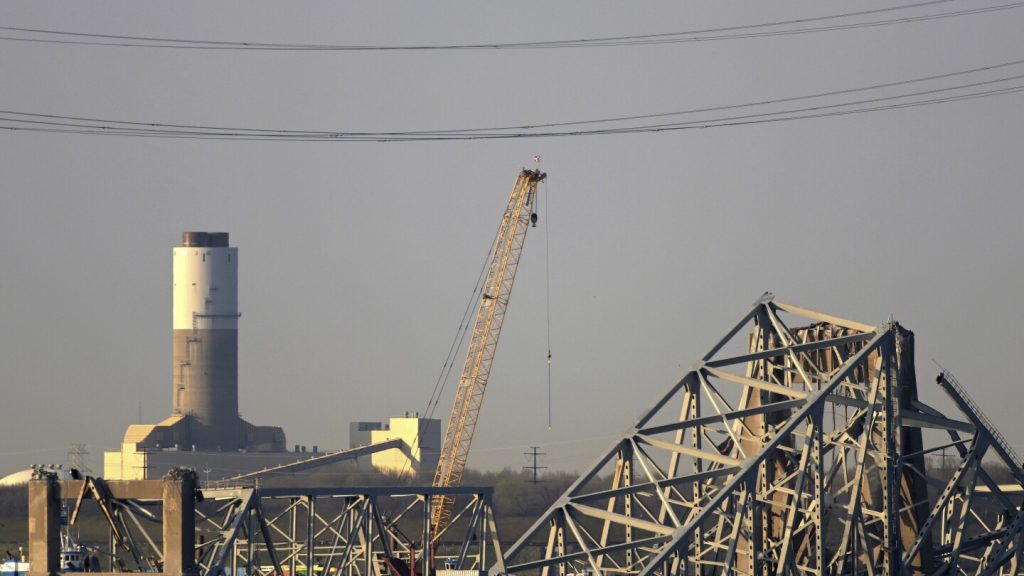The collapse of the Francis Scott Key Bridge in Maryland has brought about a tragic situation on multiple levels. Not only is it a personal loss for the families and friends of those killed or presumed dead, but it also poses significant economic challenges for businesses that rely on the Port of Baltimore. The impact of the disaster has led to the closure of the major shipping port, potentially costing the area’s economy hundreds of millions of dollars in lost labor income over the next month. The collapse occurred when a cargo ship lost power and collided with the bridge, resulting in eight individuals being on the bridge at the time of the incident.
A report from credit rating agency Morningstar DBRS predicts that the collapse of the bridge could become the most expensive marine insured loss in history, with estimated total insured losses ranging from $2 billion to $4 billion. As the legal process unfolds, federal courts will have to determine the liability of the parties involved, including the ship’s owners and operators. Insurance companies are expected to bear at least part, if not all, of the financial burden resulting from the disaster. The victims’ families are likely to pursue lawsuits, and the ship’s insurers may seek to limit their liability for damages.
The economic costs resulting from the bridge collapse are significant, but impacted businesses may face challenges in seeking compensation. Maritime law generally does not allow for the recovery of pure economic loss damages, unless there is physical damage along with the economic loss. This limitation poses challenges for businesses like Charm City Warehouse, which are experiencing losses due to the port closure. While insurance coverage may provide some relief, uncertainties remain regarding the extent of coverage for losses related to the port’s closure.
Ships and maritime vessels typically have various types of insurance coverage, including Protection and Indemnity (P&I) insurance for catastrophic claims. This type of insurance, provided by clubs made up of policyholder-owned companies, helps share the risk associated with major disasters. The Britannia P&I Club insures the ship involved in the bridge collapse, and the larger International Group of P&I Clubs may assist in covering expenses beyond a certain amount. Reinsurance companies could also play a role in covering part of the financial costs associated with the disaster.
As the legal and insurance processes unfold in the aftermath of the Francis Scott Key Bridge collapse, the focus will be on assessing liability, determining the extent of insurance coverage, and seeking compensation for the victims and impacted businesses. The tragedy has brought to light the complexities and challenges of dealing with such large-scale disasters, highlighting the importance of having comprehensive insurance coverage and legal protections in place for all parties involved. The road to recovery will be long and challenging, but with cooperation and support from the relevant stakeholders, there is hope for rebuilding and restoring the affected communities and businesses.


